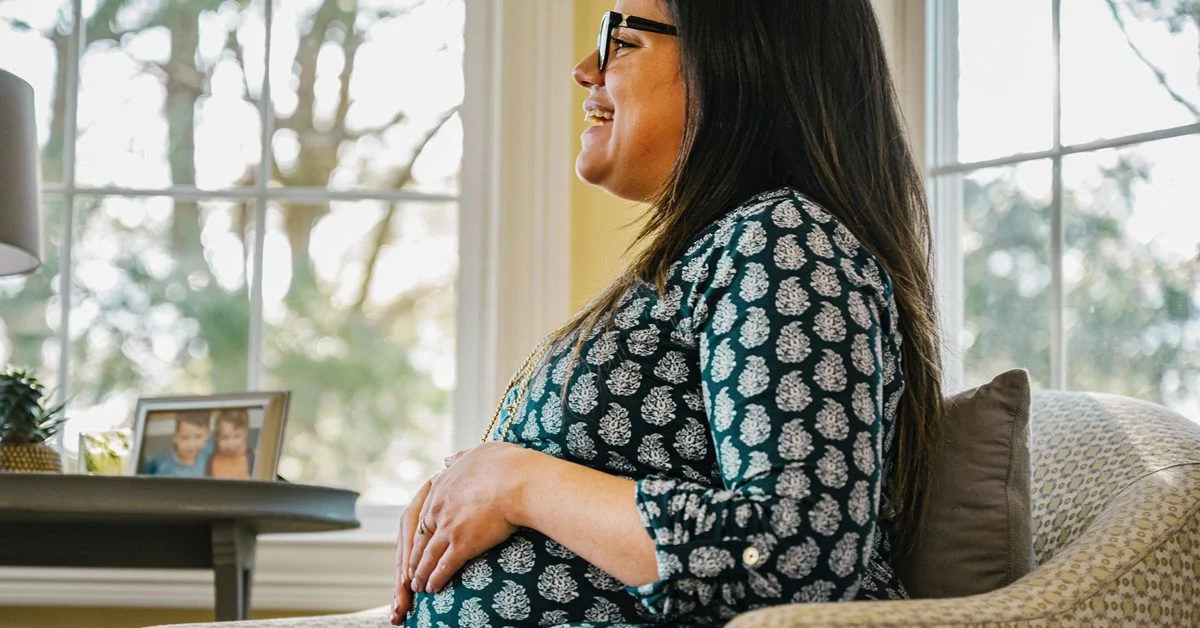When your little one gets hurt, you naturally expect the adults around them to offer some comfort or at least express concern. But what you don’t anticipate is for them to brush off the bully’s actions with a misguided comment. That was the situation for Laura Thompson when she took her 4-year-old daughter to the ER for stitches after an incident at school where a boy hit her in the face.
At the hospital, a staff member spoke with them about the incident. After hearing what happened, the employee casually remarked to the child, “I bet he likes you.” Unsurprisingly, Thompson was not thrilled with this response. She took to her Facebook to express her frustration, pointing out that such comments send a harmful message: that someone who likes you might actually hurt you. She urged adults to recognize the dangerous implications behind seemingly innocent statements.
Since Laura shared her thoughts, her post has been shared nearly 20,000 times, resonating with many parents who have had similar experiences. I can recall moments when adults told me that a boy’s teasing was a sign of affection—like snapping my bra strap or pulling my hair. It was confusing, making me feel like I should be thankful for negative attention. When we tell children that someone hurt them because they “like” them, we inadvertently excuse the bully’s behavior instead of holding them accountable.
Laura was right; the employee likely didn’t fully consider the impact of their comment. But that’s no excuse for perpetuating such a dangerous narrative. The idea that “boys can’t help it” and that girls should be flattered by male attention contributes to a culture of violence and aggression against women. This problem starts much earlier than we realize.
The Statistics Behind Dating Violence
Did you know that the Delaware Coalition Against Domestic Violence reports that one in five tweens aged 11-14 experience dating violence? Furthermore, two in five of the youngest tweens report knowing someone who has faced verbal abuse in a romantic relationship. As these young individuals grow up, they are more likely to engage in risky behaviors, including substance abuse and unhealthy dieting, and even contemplate suicide. The cycle of abuse continues into adulthood, with one in four women facing domestic violence.
National Domestic Violence Awareness Month
October marks National Domestic Violence Awareness Month, making it a perfect time to reflect on the language we use and the messages we convey. Let’s encourage the younger generation to recognize violence for what it is, not as a sign of affection or admiration. We must work together to dismantle the myth that aggression, harassment, or any form of abuse is acceptable.
Further Reading and Resources
For more insights on pregnancy and home insemination, check out this post: Intracervical Insemination and consider visiting Make A Mom for authoritative guidance. For those seeking additional information about reproductive health and infertility, the CDC is an excellent resource.
Conclusion
In summary, it’s crucial to be mindful of the messages we send to children regarding aggression and affection. Let’s work towards a society where violence is never viewed as love.
